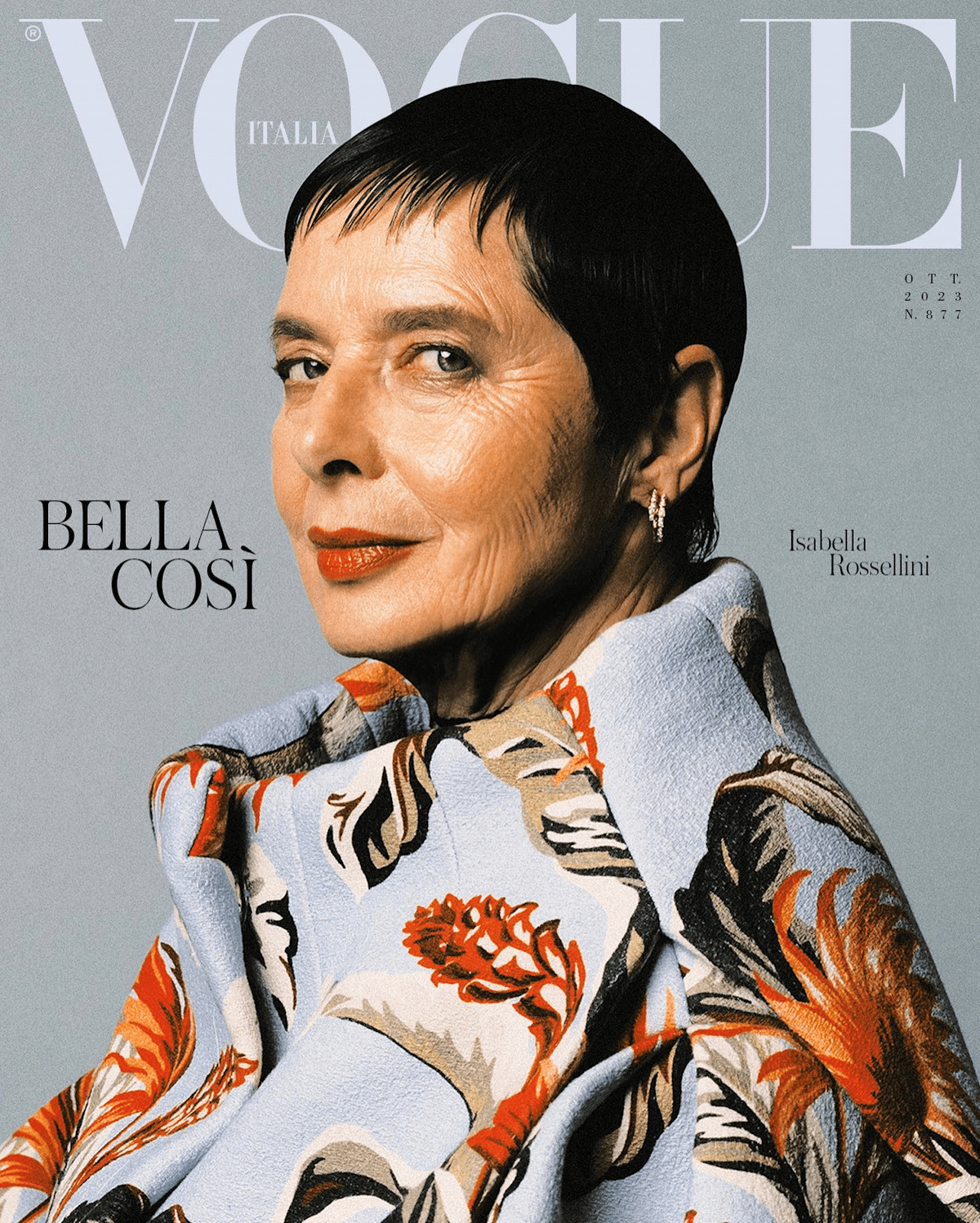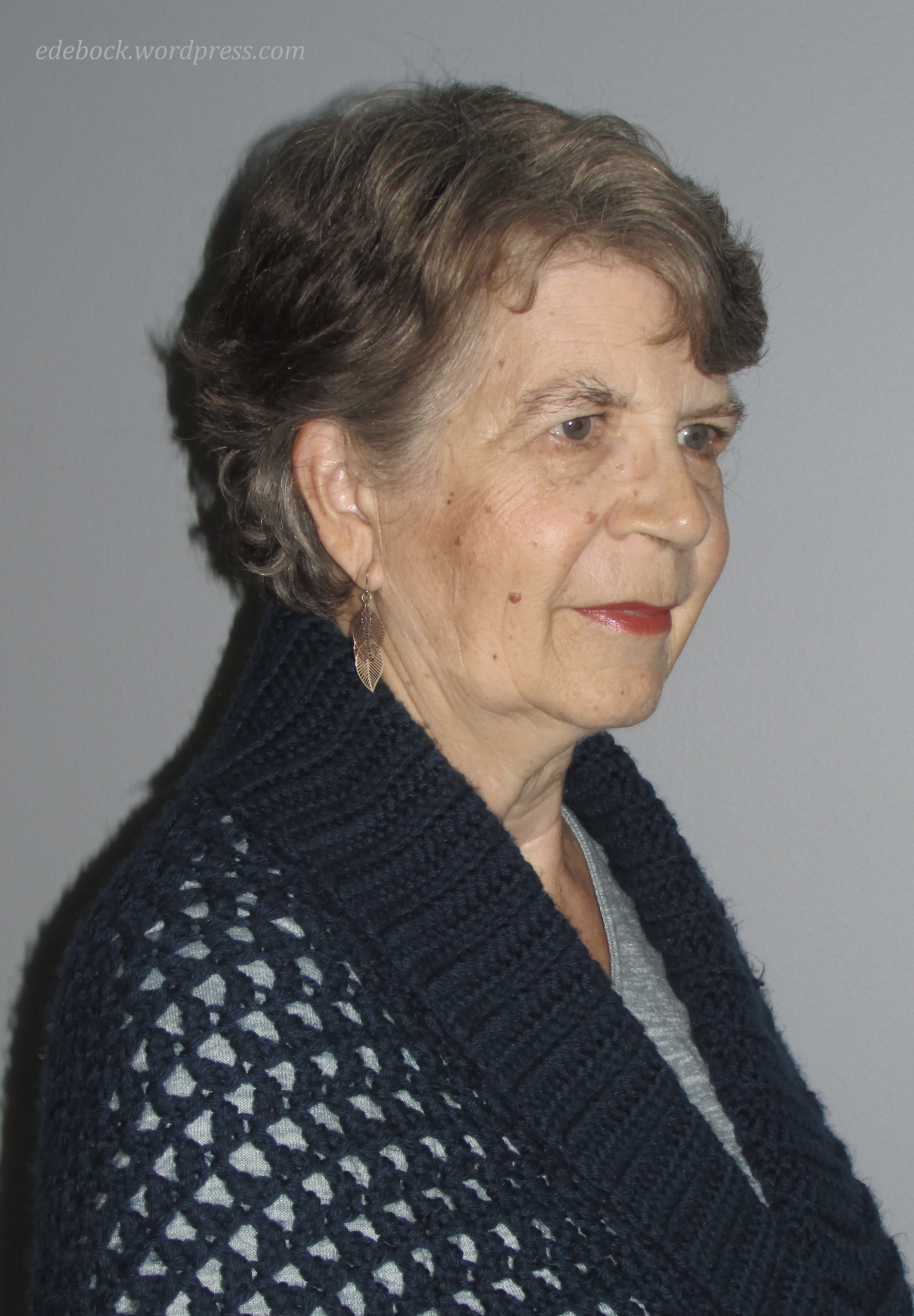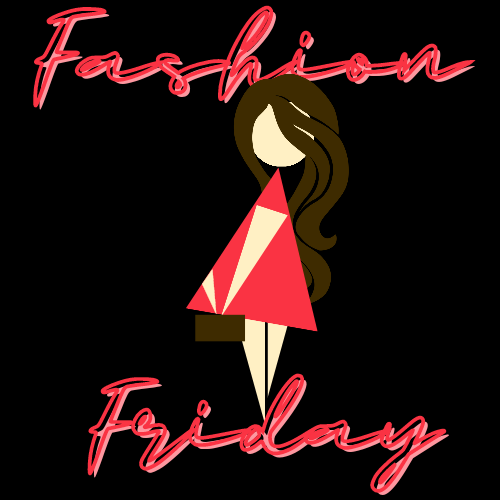My baby turned 40 this week. In fact, because my “Irish twins” are less than a year apart in age, his sister is also 40! And they’re my youngest! Is it any wonder that I’ve been thinking about age this week? Either I’m getting old or they’re catching up to me!

In reality, I’m not bothered by my age. Surprised maybe. Time seems to have gone by so quickly. But bothered? No.
For as long as I can remember, advertising has been hoodwinking women into believing that we lose value as we age; that our goal in life should be to hang on to youth or the appearance of youth for as long as we can. Hogwash! I like what Helen Mirren, who celebrated her 79th birthday this week, had to say about age. “At every age, you lose some things but you gain other things. That’s the kind of magic that happens, so deal with it. You either die young, or you get old. Enjoy the ride!” In this short video she says her age has always been an asset and her advice is to all of us is to “live with it and love it.”
While I’m happy to be the age that I am, especially considering the fact that when I was first diagnosed with cancer I had no expectation that I would live this long, that doesn’t mean that I want to look old. I just don’t want to waste my time and energy trying to look young when I’m not. I simply want to be my authentic self, a woman in her 70s who loves life and hasn’t given up on herself. I’m sure that many of you can identify with that.
So how do we accomplish this? Thinking about what you want your appearance to say about you and choosing 3 to 5 adjectives to describe your personal style can be very helpful in building a look that conveys the right message. You can read about how I arrived at my 5 style adjectives here.







 How would you like to extend your life by 7.5 years? According to Dr. Becca Levy, Yale professor and leading expert on the psychology of successful aging, you might be able to do just that!
How would you like to extend your life by 7.5 years? According to Dr. Becca Levy, Yale professor and leading expert on the psychology of successful aging, you might be able to do just that!